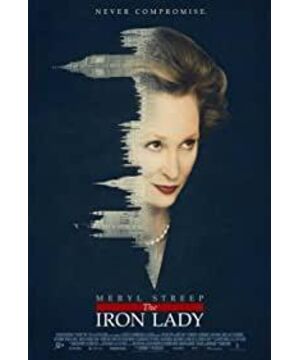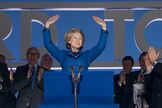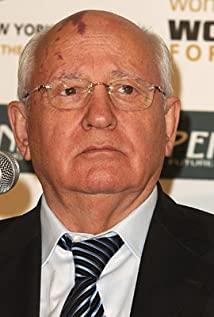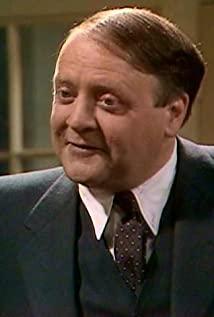Mrs. Thatcher is played by Meryl Streep, a super evergreen in the film industry. This time she got her 17th Oscar nomination. Afterwards, I watched some of Margaret Thatcher's speeches and debate videos on YouTube, and found that Aunt May's tone of learning from her speech was quite similar.
I think most people who want to watch this film are the same as me, the purpose is to understand the extraordinary life of Margaret Thatcher, especially hope to see another perspective of the changing prime minister's career. However, this film focuses on suffering from Alzheimer's after retirement. The flashback clips are neither chronological nor thematic montage. The flashbacks are irregular and chaotic. The confusion of the age makes the audience confused about what appears on the screen. The illusion that her husband is a living person or the protagonist seems to be to make the audience feel the suffering of Alzheimer’s. It is true that this has achieved the effect, but this is obviously not what most viewers want.
The movie also shows too much of the side of Margaret Thatcher as a woman, seeming to try to dig out the fragile side of the "Iron Lady" image. A major event in the Prime Minister’s career, such as the neo-conservative diplomatic program, monetarism and large-scale privatization, and economic policies that drastically cut welfare, the arduous struggle with labor unions, the terrorist threat of the Irish Republican Army, the Battle of Falkland Islands, The close alliance with Reagan, opposition to the European Community and a unified currency, the Hong Kong issue, etc., were either vaguely mentioned as flashback clips, or they were not mentioned at all. In these clips, she only shows her external toughness, but does not discuss the connotation of her policy, and the origin of her philosophy and personality.
Looking at the director and screenwriter, they were all women. They only want to photograph a woman, not a politician.
WeChat public account: feidudumovie (feidudumovie)
View more about The Iron Lady reviews











